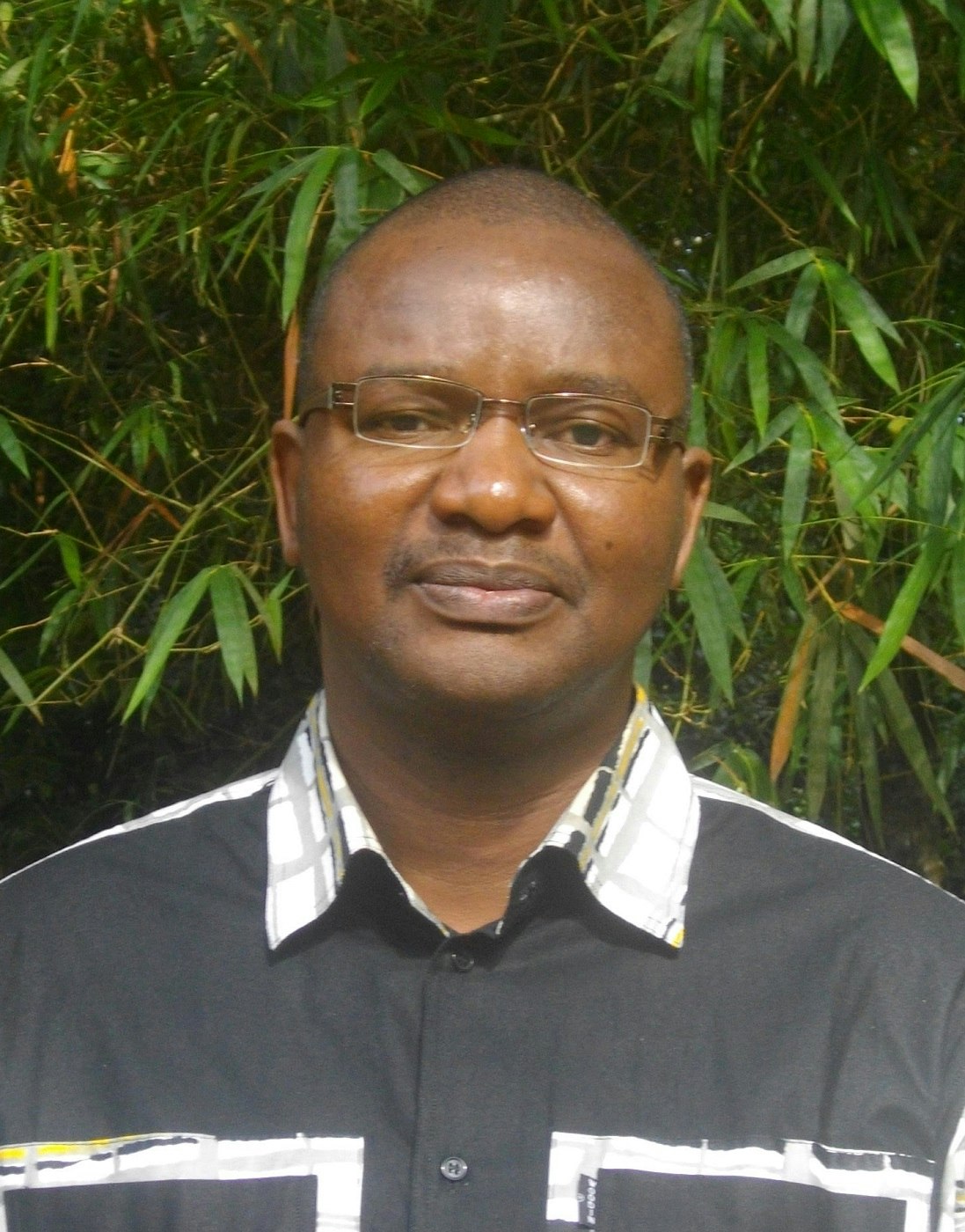Community-based conservation of critically endangered primates in Ivory Coast
Inza Koné is Head of Biodiversity and Food Security at the Swiss Centre for Scientific research in Ivory Coast and the leader of the Country’s Research and Actions for the Conservation of Primates programmeme (RASAP-CI).
Forming a natural border between Ivory Coast and Ghana, the 12,000 hectare Tanoé Forest is currently un-protected and has previously received little conservation attention. Recent surveys however, have revealed it to be a rare location where populations of both the critically endangered roloway guenon and white-naped mangabey monkeys still occur. Evidence of Miss Waldron’s red colobus, a species declared as ‘probably extinct’ in 2000, has also been found here, making the Tanoé Forest the only place where all three primates are thought to still exist.
Despite their conservation significance, Ivory Coast’s forests are being rapidly destroyed to make way for palm oil plantations. As Inza explains, “The only natural forests which still exist in the region are small sacred forests and the swampy Tanoé Forest which was preserved only because of the difficulties of access.” In the few areas left untouched, poverty drives local people to hunt for bushmeat, putting increased pressure on endangered species.
Fighting for greater protection of Tanoé, Inza’s successful campaign against proposals to drain and convert 8,000 hectares of the Tanoé Forest into a palm oil plantation in 2008, have helped him gain the support of both the government and local people and begin developing a community-based system for its conservation and management. “Local chiefs were enthusiastic about initiating a conservation programme based on the empowerment of local communities. Discussions with them and other community members highlighted their willingness to be organized to protect ancestral heritage and biodiversity for future generations.”
To maintain local commitment, Inza and his team are improving access to safe drinking water, medical supplies and education to demonstrate that conservation does not have to be a choice between protecting wildlife and human welfare, but instead that conservation and poverty reduction can go hand-in-hand.
Inza is handing responsibility back to local people who are now involved in forest management and biodiversity monitoring. The development of alternative livelihoods in animal rearing is also further reducing demand for bushmeat whilst providing people with new skills. In doing so, Inza is helping to create a more sustainable way of life and ensure greater awareness, and so protection of West Africa’s three most threatened primates.
PROJECT UPDATE
2023 Continuation Funding
From poaching to protection: Community-led management plans for primate priority sites
£100,000 over 2 years
The Tanoé-Ehy Forest in Côte d’Ivoire is a top priority site for primate conservation in West Africa, however, ecologically damaging practices such as chainsaw milling, agricultural clearings, and poaching threaten the swamp forest’s biodiversity.
Inza Koné has worked to involve communities in forest management and biodiversity monitoring, which has led to reduced poaching activities in south-eastern Côte d’Ivoire – with bushmeat no longer available in most local villages – and chainsaw milling eliminated in zones close to villages involved in the project.
Inza and his team from Research and Actions for the Conservation of Primates programme (RASAP-CI) have trained more than 30 former poachers as ecoguards to oversee conservation activities, often working closely with government rangers on surveillance patrols. This kind of community level conservation, coupled with supporting the development of sustainable alternative livelihoods, has helped to prevent the destruction of 12,000 hectares of forest habitat, with reports of species such as primates, ungulates and otters serving as population indicators that demonstrate reduced human pressures.
Building upon this success, Inza will use Continuation Funding to develop and implement a forest management plan that empowers local people to manage the area’s first community reserves. Plans include carrying out surveillance, biomonitoring, and biological and socio-economic surveys of the swampy Tanoé-Ehy Forest. He will also work with local farmers in areas of potential human-wildlife conflict to offer support and establish solutions in preventing loss of income, educating on the importance of creating buffer zones between the forest and areas of crop production and encouraging the cultivation of plants that are not consumed by monkeys in these areas of risk.








